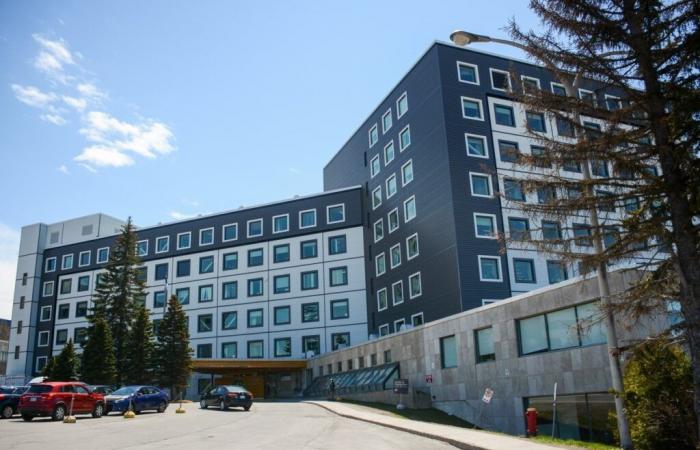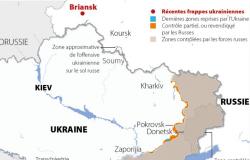The shortfall of the CISSS du Bas-Saint-Laurent quadrupled over the last year, going from $8 million to $38 million. The Ministry of Health recently informed regional administrators that they will have to eliminate 90% of the deficit in order to return to a balanced budget, which represents a sum of $34 million to absorb.
In a letter sent to all staff and managers of the CISSS du Bas-Saint-Laurent on November 18 entitled “New objective of returning to a balanced budget,” President and CEO Dr. Jean-Christophe Carvalho explains that a work “colossal has been initiated” in this sense.
Of the anticipated deficit of $38 million for the year 2024-2025, a sum of $30 million is attributable to the use of independent labor (MOI). The Ministry of Health and Social Services, which had previously authorized this expenditure in connection with the MOI, asked to accelerate the elimination of any form of deficit. The CISSS du Bas-Saint-Laurent will therefore have to significantly restrict its spending to achieve this, by March 31, 2025.
“At the moment, it is certainly a significant challenge, we have not hidden it from our teams either. From the moment there is demand, we will work and we will see what we are capable of doing. If we don’t succeed, we will still have to continue working on this for the months that follow. For the moment, where we are directing our efforts is to achieve the best possible results at the financial level and at the service level,” explained the CEO of the CISSS du Bas-Saint-Laurent, on the sidelines of a meeting of the organization’s board of directors, November 19.
MEASUREMENTS AND COMPRESSIONS
In his missive, Dr. Carvalho explains that various measures were considered, including an analysis of the position structure within the organization, the evaluation of administrative performance and the suspension of new projects. It also evokes a reduction in ME. Replacing the latter with regular staff would make it possible to erase part of the deficit, according to the CEO of the CISSS du Bas-Saint-Laurent. He is giving himself until Christmas to develop a spending reduction plan and he does not rule out the abolition of positions.
For its part, the Union of office staff, technicians and administrative professionals of the CISSS du Bas-Saint-Laurent (FSSS-CSN) compiled 25 full-time administrative agent positions which were eliminated. This list could grow longer.
“At the moment, the 25 positions, it was at the time that there was $8 million to recover. Considering the number of jobs that will have to be cut, it is clear that it will affect the care of the population. […] Who will take care of making appointments and supporting the care staff on the floors?” raises the president of the FSSS-CSN, Louis Bernier. The sector is also affected by the hiring freeze for administrative staff which was decreed by the Quebec government.
The union organization maintains that dozens of positions are at stake. Mr. Bernier deplores that over the last three years, the CISSS du Bas-Saint-Laurent has not hesitated to give money to the private sector, the height of $30 million. “People are worried, it’s big news, especially when we know that the deficit is due to ME and that it is long-time employees who are affected. It creates skepticism, we didn’t expect that,” adds the president of the Central Council of Bas-Saint-Laurent – CSN, Pauline Bélanger. The posting of certain positions has been removed in all MRCs of Bas-Saint-Laurent.
More information on the retrenchment measures of the CISSS du Bas-Saint-Laurent will be provided in the coming weeks. “We risk not always being able to hide everything or [on ne pourra pas] ensure that users do not see a difference,” adds Dr Carvalho. The objective of achieving a balanced budget was known, however, it is the deadline which was brought forward by the Ministry of Health, specifies the CISSS du Bas-Saint-Laurent.
User services must be maintained, while minimizing impacts within the organization. Furthermore, the CISSS du Bas-Saint-Laurent will integrate Santé Québec on December 1. The board of directors met on November 19 for its last meeting before the transition to the new Crown corporation.






